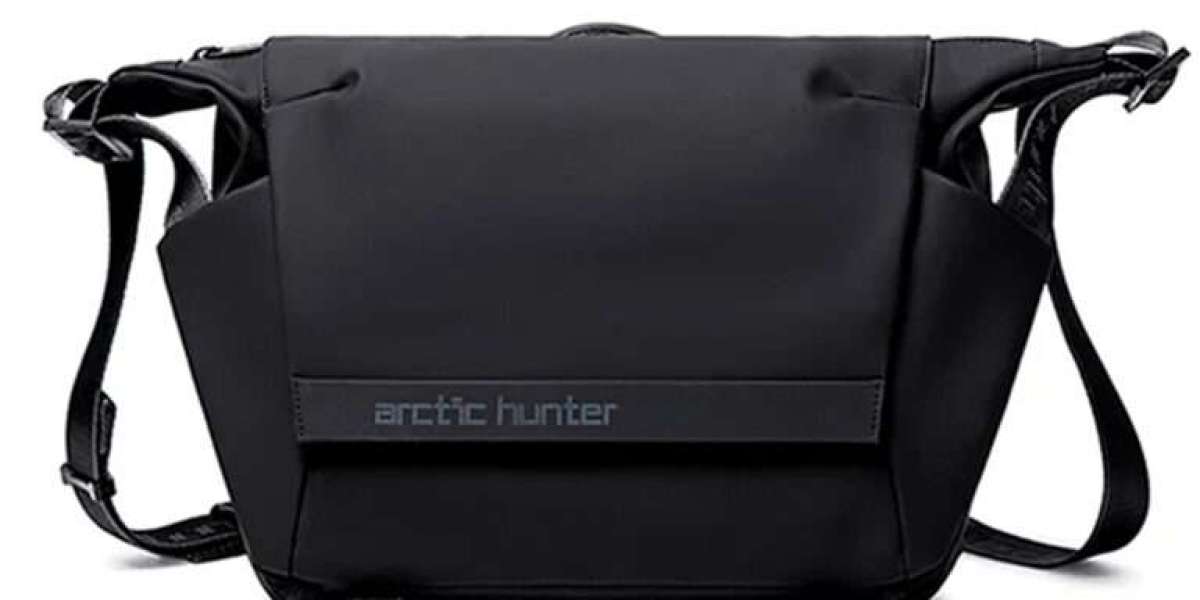Travel has become more accessible yet increasingly complex, and the choice of your travel companion—your bag—can make or break your journey. Whether you are a frequent business traveller concerned about hand luggage prices or an adventure seeker planning your first backpacking expedition, selecting the right travel bag is a decision that deserves careful consideration. Your bag is not just a container for your belongings; it is your mobile home, your security blanket, and often your first line of defence against the unpredictable nature of travel.
The modern traveller faces an overwhelming array of options, from sleek rolling suitcases to versatile backpacks, each promising to be the perfect solution for your travel needs. However, the reality is that there is no one-size-fits-all answer to the travel bag dilemma. Your perfect bag depends on a complex interplay of factors including your travel style, destination, duration of travel, physical capabilities, and personal preferences.
Understanding Your Travel Style
Before diving into the technical specifications and features of different bags, it is crucial to honestly assess your travel patterns and preferences. Are you someone who prefers to pack light and move quickly through airports, or do you tend to bring everything but the kitchen sink? Do you typically stay in luxury hotels with bell services, or are you more likely to find yourself dragging your bag up three flights of narrow stairs to a budget hostel?
Business travellers often prioritise efficiency and professional appearance, requiring bags that can transition seamlessly from airplane overhead compartments to boardroom floors. Their needs differ dramatically from adventure travellers who might need gear that can withstand muddy trails, sudden downpours, and rough handling by various transportation providers.
Family travellers face yet another set of challenges, needing to balance space for children's items with their own necessities while maintaining some semblance of organisation. Solo travellers, on the other hand, have the luxury of optimising purely for their own needs but must be self-sufficient in handling their luggage in all situations.
The Great Debate: Hard Shell vs. Soft Shell
One of the fundamental decisions you will face is choosing between hard shell and soft-shell luggage. Hard shell bags, typically made from materials like polycarbonate, ABS plastic, or aluminium, offer superior protection for fragile items and maintain their shape regardless of how roughly they're handled. They're also generally more water-resistant and easier to clean. However, they can be heavier when empty and offer no expansion capabilities when you inevitably acquire souvenirs during your travels.
Soft shell bags, crafted from materials like nylon, polyester, or canvas, provide flexibility and often feature external pockets for easy access to frequently needed items. They're typically lighter in weight and can expand to accommodate additional items. The trade-off comes in terms of protection and weather resistance, though modern soft-shell bags have made significant improvements in both areas.
Size Matters: Finding Your Sweet Spot
The size of your travel bag should align with both your packing habits and your travel logistics. Carry-on sized bags offer the advantage of staying with you throughout your journey, eliminating the risk of lost luggage and saving time at baggage claim. However, they require disciplined packing and may not accommodate longer trips or travellers who prefer to bring multiple outfit options.
Medium-sized checked bags strike a balance for many travellers, providing enough space for extended trips while remaining manageable for solo handling. Large bags might seem appealing for their capacity, but consider whether you will actually be able to lift and manoeuvre them when fully packed, especially after a long day of travel when your energy is depleted.
Wheels: The Game Changer
The introduction of wheels to luggage revolutionised travel, but not all wheel systems are created equal. Two-wheel bags, where wheels are recessed into the bag's base, are stable when stationary and work well on various surfaces, but require tilting the bag to roll, which can strain your arm and shoulder over long distances.
Four-wheel spinner bags allow the bag to roll upright beside you, distributing weight more evenly and reducing physical strain. They're particularly beneficial for travellers with mobility issues or those navigating long airport corridors. However, spinner wheels are more exposed and potentially vulnerable to damage, and the bags may roll away from you on inclined surfaces.
Consider the surfaces you will most commonly encounter. Smooth airport floors favour spinners, while cobblestone streets, gravel paths, or stairs might make two-wheel designs more practical.
Material Considerations and Durability
The material of your travel bag affects not only its durability and weight but also its appearance and maintenance requirements. Ballistic nylon offers excellent durability and resistance to tearing, making it popular for bags that will see heavy use. Ripstop nylon provides good tear resistance at a lighter weight, while polyester offers a balance of durability and affordability.
For those seeking the ultimate in durability, some bags feature materials like Cordura fabric or even incorporate metal components. However, durability often comes with increased weight, so consider your priorities carefully.
Weather resistance is another crucial factor, especially for adventure travel or destinations with unpredictable weather. Look for bags with water-resistant zippers, sealed seams, and treated fabrics if you expect to encounter moisture.
Organisation and Accessibility
The internal organisation of your bag can significantly impact your travel experience. Multiple compartments help keep items separated and easily accessible, while compression systems can help maximise space utilisation. Consider whether you prefer a clamshell design that opens like a book, providing full access to your belongings, or a top-loading design that offers security but may require unpacking to reach items at the bottom.
External pockets can be invaluable for items you need quick access to, such as travel documents, electronics, or toiletries. However, they can also make your bag more cumbersome and may not be suitable for all travel situations, particularly where security is a concern.
Regional Considerations and Local Insights
Different regions may have unique considerations that affect your bag choice. For instance, travellers to Sri Lanka often discover that duffel bags in Sri Lanka are particularly popular due to their versatility and suitability for the country's diverse landscapes, from beaches to mountains. The local climate, with its humidity and occasional monsoons, makes water-resistant materials especially valuable.
When traveling to any destination, it is worth researching local conditions that might affect your bag choice. Hot climates might make certain materials uncomfortable to handle, while cold destinations could make zippers stiff or difficult to operate.
Consider also the availability of luggage accessories in Sri Lanka or your destination, as you might want to purchase additional organisers, locks, or protective covers locally. This can be both cost-effective and practical, allowing you to see products firsthand before purchasing.
Maintenance and Longevity
A quality travel bag represents a significant investment, and proper maintenance can extend its lifespan considerably. Regular cleaning, proper storage, and prompt attention to minor issues can prevent small problems from becoming major failures.
Before making your purchase, research the availability of luggage repair shops in your area and at your frequent destinations. A repairable bag that lasts for years is often more economical and environmentally friendly than repeatedly replacing cheaper alternatives that cannot be fixed when damaged.
Many high-quality bag manufacturers offer repair services or can direct you to authorised repair centres. Some even provide warranties that cover defects and normal wear, adding value to your investment.
The Decision Framework
When standing in a store or browsing online, facing dozens of appealing options, return to your fundamental requirements. Consider creating a weighted scoring system for your priorities: weight, durability, capacity, price, and appearance. This methodical approach can help cut through marketing claims and focus on what truly matters for your specific needs.
Remember that the perfect bag for your friend or favourite travel blogger may not be perfect for you. Personal factors like height, strength, travel frequency, and destinations all play crucial roles in determining your ideal choice.
Your travel bag is more than just luggage; it is a crucial piece of equipment that can enhance or hinder every journey you take. By carefully considering your travel style, needs, and priorities, you can select a bag that will serve you faithfully through countless adventures, making each trip more enjoyable and stress-free. The time invested in making the right choice will pay dividends every time you travel, turning the simple act of packing into the exciting first step of your next great adventure.








